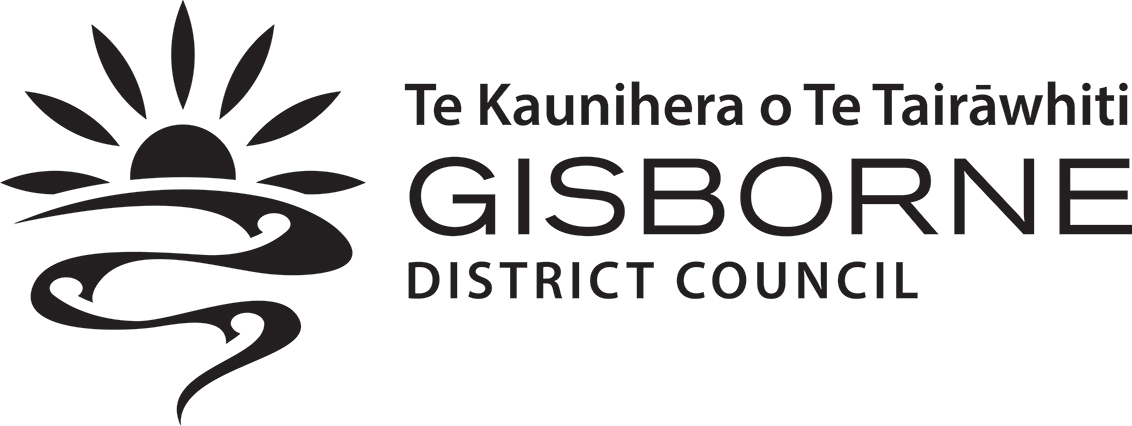At Gisborne District Council, health and safety is a core priority.
We're committed to continuously improving our performance and embedding best practice standards across our organisation. These standards help us meet - and go beyond - the requirements of the Health and Safety at Work Act (HSWA)
This isn't just about ticking boxes. It’s about making sure every person gets home healthy and safe.
Our health and safety policy
No results found for ""
Contractor pre-qualification scheme
Gisborne District Council has partnered with other councils and to offer a streamlined contractor pre-qualification system.
Contractors can register with either SHE or Tōtika - 2 recognised platforms that support robust health and safety standards.
This system helps us meet our responsibilities by ensuring that all contractors working for, or on Council assets, or delivering services:
- have effective health and safety management systems in place
- hold current and relevant insurance cover
How to apply
Contractors and sub-contractors who carry out services for councils must apply to become pre-qualified.
If your pre-qualification expires in the system, councils may not allow you to carry out work until your renewals is received.
The application process for both SHE and Tōtika is simple to follow. Each platform provides guides and resources outlining what you'll need to prepare before starting the questionnaire.
This helps ensure the process is quick and easy, while still meeting compliance requirements and submitting the necessary evidence.
Once contractors are pre-qualified, company details are added to the Approved Contractor List
This list provides visibility for both contractors and councils, helping identify approved providers and supporting the tendering and procurement process.
Start your pre-qual application
Tips:
- you'll need an email address to begin and complete your application.
- Create a folder on your desktop to save your documents for easy upload.
Start your SHE Pre-Qual Application
Or
Pre-qualification management and fees
This process is managed by Waikato Local Authority Shared Services, in collaboration with BOPLASS (Bay of Plenty Local Authority Shared Services), using an internationally recognised portal.
Fees are paid online and include all required insurances at the time of registration or renewal.
Note: the following fees have been effective since 1 January 2019
| Contractor size | Number of workers | Number of insurances | 2 year cost (excl GST) |
|---|---|---|---|
| Small | Less than 5 | Unlimited | $280 |
| Medium | 5 to 24 | Unlimited | $525 |
| Large | 25 or more | Unlimited | $1025 |
Contractors who became pre-qualified before 1 January 2019 must continue to pay insurance renewals until their next scheduled pre-qualification renewal.
Benefits to contractors
An simplified system that enables contractors to become pre-qualified for multiple councils through one process.
Stronger working relationships between contractors and councils.
Alignment with WorkSafe New Zealand’s ongoing strategy to improve workplace health and safety outcomes across the country.
Asbestos
With a number of asbestos-related issues arising across the country, WorkSafe New Zealand has initiated a project to develop an asbestos liaison protocol for each region. Gisborne District Council is a signatory to the Tairāwhiti Asbestos Protocol.
The protocol sets out a framework for managing asbestos-related events and identifies which agency leads in each situation. It will be regularly reviewed and updated.
The purpose of the protocol
- Support the reduction of occupational and public health risks associated with exposure to asbestos.
- Increase public confidence in asbestos incident management by outlining processes for effective liaison between government agencies in response to asbestos-related enquiries and incidents across Tairāwhiti
No results found for ""
Asbestos-Containing Materials (ACM)
ACM are common in many homes and businesses across Tairāwhiti. When left undisturbed, in good condition, or properly sealed, asbestos is relatively safe.
However, if it becomes crumbly, deteriorated, damaged, or is disturbed through drilling, sanding, or water blasting, it can pose health risks and may require specialist attention.
Further information is available on the WorkSafe website: Asbestos in the home
